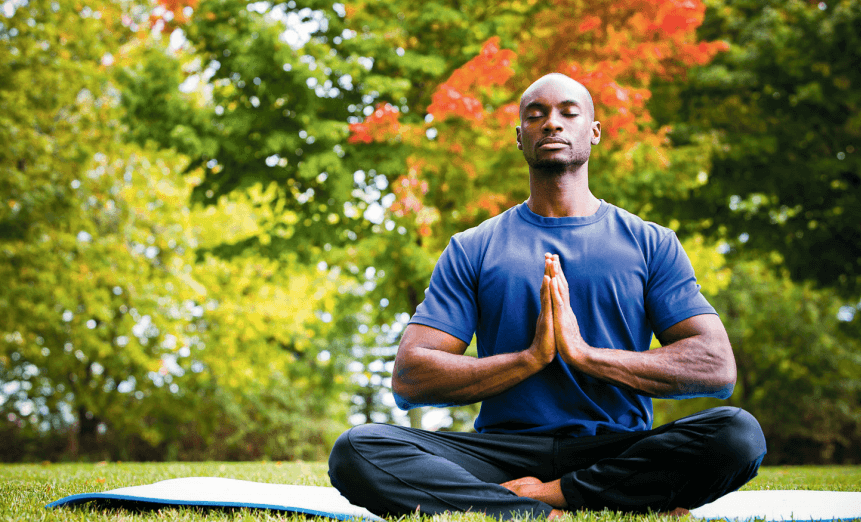COVID-19, the disease that has claimed over 10,000 lives around the world as of March 19, has many people feeling stressed, worried, and anxious.
Since the World Health Organization declared the CCP virus a pandemic on March 11, federal and state officials have taken quick actions to try to slow the spread of the disease by closing schools, certain businesses, and having people work from home.






